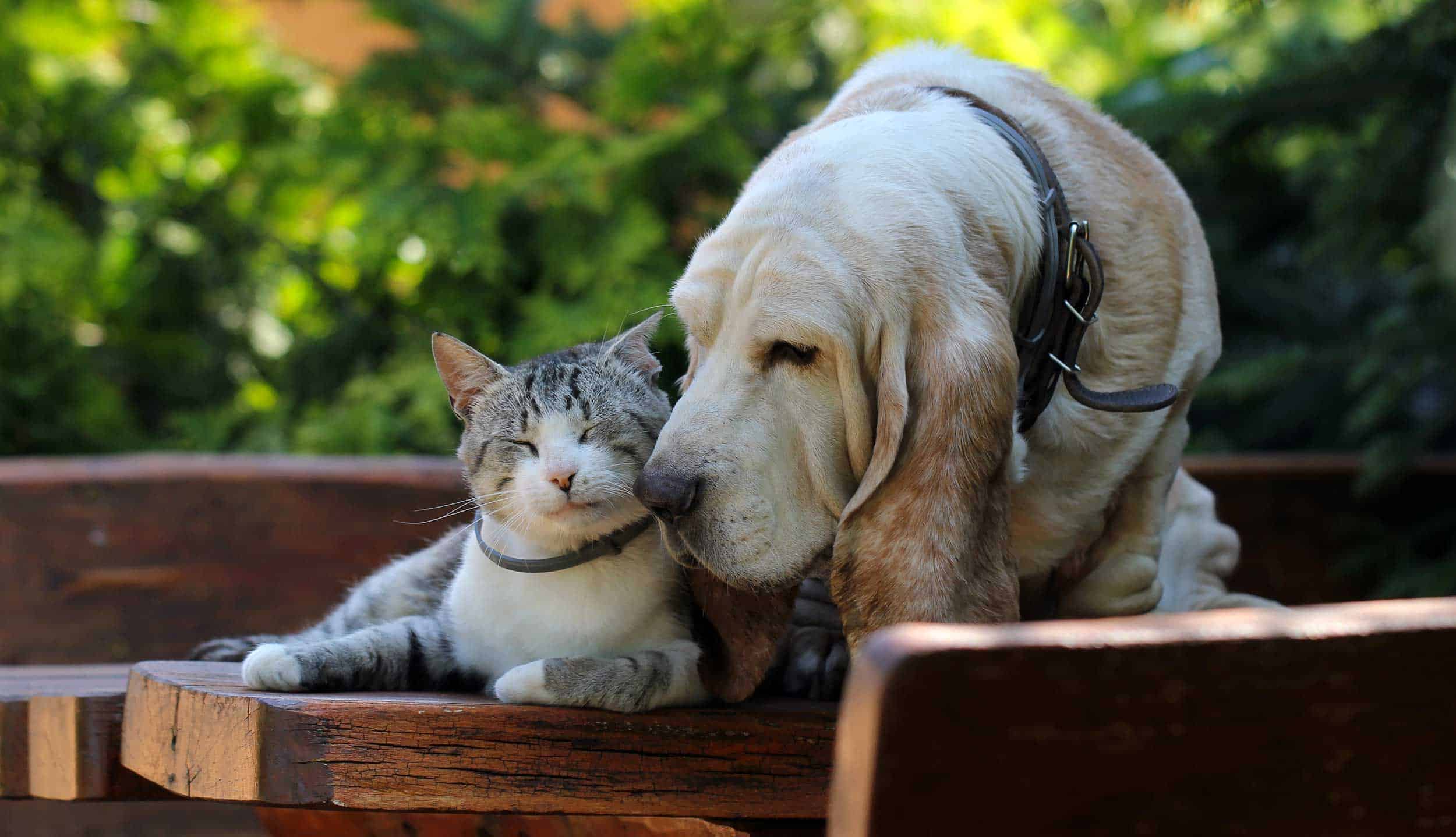Buzz Haven: Your Daily Dose of News
Stay informed and entertained with the latest buzz in news, trends, and insights.
Senior Pets: Aging Gracefully with Love and TLC
Discover heartwarming tips for caring for senior pets, ensuring they age gracefully with love, TLC, and a wagging tail!
Top 5 Health Concerns for Senior Pets: What Every Owner Should Know
As our beloved pets age, they become more susceptible to various health issues, making it crucial for every owner to be proactive in their care. The top 5 health concerns for senior pets include obesity, dental disease, arthritis, kidney disease, and cognitive dysfunction syndrome. Each of these conditions can significantly affect a pet's quality of life, so understanding the signs and symptoms is essential to ensure timely intervention and treatment. Regular veterinary check-ups are vital to monitor your pet's health and catch any potential issues early.
1. Obesity: This is a significant concern that can lead to various other health problems. Maintaining a proper diet and exercise routine is essential for senior pets.
2. Dental Disease: As pets age, dental health often declines, leading to painful infections. Regular dental check-ups can help prevent this.
3. Arthritis: This degenerative joint condition affects mobility and can cause discomfort. Consult your vet for appropriate pain relief options.
4. Kidney Disease: Common in senior pets, monitoring their hydration and appetite is crucial for early detection.
5. Cognitive Dysfunction Syndrome: Just like humans, pets can experience cognitive decline. Keeping their environment stimulating can help maintain mental sharpness.

How to Create a Comfortable Environment for Your Aging Pet
Creating a comfortable environment for your aging pet is essential to ensure their quality of life. As pets grow older, they often experience changes in mobility, sight, and overall health. To accommodate these needs, consider investing in orthopedic beds that provide extra support for their joints. Additionally, you can remove obstacles around your home, such as clutter or low furniture, to make it easier for your pet to navigate. Providing a calm and quiet space away from the hustle and bustle will help them feel secure and relaxed.
It's also important to maintain a consistent routine for your aging pet. This includes regular feeding times and scheduled bathroom breaks. Make sure to create a designated area for eating and drinking, ideally closer to their resting spaces, to minimize effort. You can also implement gentle exercise routines tailored to their ability, such as short walks, which can help keep them physically and mentally stimulated. Lastly, keep an eye on their health and consult with a veterinarian to ensure your aging pet receives the best care possible.
Questions to Ask Your Veterinarian About Your Senior Pet's Care
As your beloved furry friend ages, it's crucial to ensure they receive the best possible care tailored to their unique needs. When visiting the veterinarian, consider asking questions about your senior pet's care to gain insights that can significantly improve their quality of life. Some essential questions include:
- What specific health issues should I be aware of that commonly affect senior pets?
- How often should my senior pet have check-ups or screenings?
- Are there any changes I should make to their diet or exercise routine as they age?
Understanding the signs of aging in pets can be challenging, which is why open communication with your vet is essential. Don't hesitate to discuss specific behavioral changes you may have noticed, such as decreased energy or changes in appetite. Inquire about:
- What vaccinations are necessary for senior pets?
- Are there any supplements or medications you recommend to support health in older pets?
- What palliative care options are available if my pet suffers from chronic pain or illness?